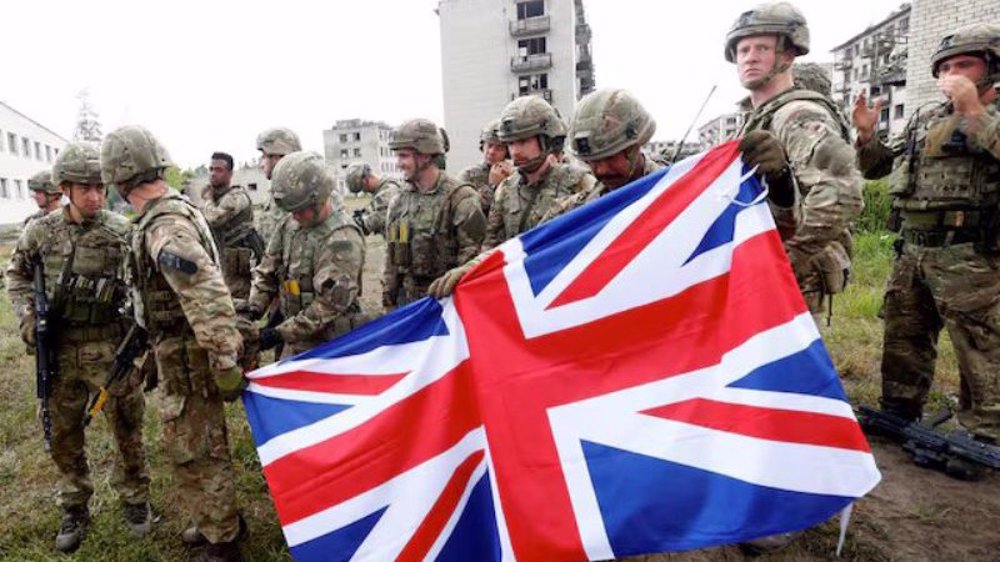British warships breaking down in Persian Gulf heat
A number of UK warships deployed to the Persian Gulf are constantly breaking down since they cannot cope with the warm waters, some members of the British Parliament have revealed.
Six Royal Navy Type 45 destroyers, partaking in the US-led military campaign against the Daesh Takfiri terrorists, are experiencing power failures, leaving their hundreds of sailors in darkness.
The persistent issue prompted MPs to grill top navy officials and weapons manufacturers as part of an inquiry by the British parliament's Defense Committee.
"It's a billion-pound asset that you're putting into perhaps a war zone and we don't know if these people who are making up the complement on that ship will go in there and come back out alive, because there might be a problem with the power system on the ship," committee member MP Douglas Chapman said in a session earlier this week.
Weighing around 8,000 tons each, the ships run on Rolls-Royce engines and have a crew of 190 people.
Tomas Leahy, Rolls-Royce’s Naval Marine said his company was not to blame for the problem, saying, “The equipment is having to operate in far more arduous conditions than were initially required by that specification.”
BAE Systems, the manufacturer of the destroyers, also refused to take responsibility for the problem and said the ships were never meant for "repeated and continuous" missions in the Persian Gulf.
The company’s managing director John Hudson echoed Rolls-Royce’s Leahy, saying that the ships were “not designed explicitly and uniquely for operations in the (Persian) Gulf.”
The British Navy needs another year to finish building a new base in Bahrain to specifically accommodate the Type 45 destroyers, as well as new Queen Elizabeth-class aircraft carriers.
But until then experts say that all of the Type 45 Destroyers should be equipped with back-up diesel generators to deal with main engine failure in warm water.
Meanwhile, the UK Defense Ministry’s plans to replace the fleet with the long-awaited Type 26 frigates face a “dangerous” delay because of inadequate funding.
British Prime Minister David Cameron's official spokesperson has said that the Royal Navy would spend 8 billion pounds over the next decade to develop “new kit and new warships.”

‘Sensitive’ UK military documents found scattered on Newcastle street: Report

UK tanker refueled US warplanes during escalation against Yemen: Report

UK ‘must’ consider conscription ‘now’ to be ready for possible war with Russia: Ex-military chiefs
VIDEO | Press TV's news headlines
'Kill zone': Report says Israel systematically destroyed homes on Gaza boundary
Palestinian Red Crescent calls for independent probe into Israeli massacre of medics in Gaza
Iran making heavy investment in buying GPUs: Official
Israel’s Netanyahu crossed all limits to stay in power: Gantz
China slams US for unilateralism, protectionism, economic bullying with tariffs
‘Cutting-edge’: Iran says Arash-2 suicide drone will wipe out all threats within 2,000km range
Top Israeli diplomat expelled from African Union summit







 This makes it easy to access the Press TV website
This makes it easy to access the Press TV website